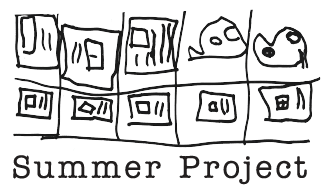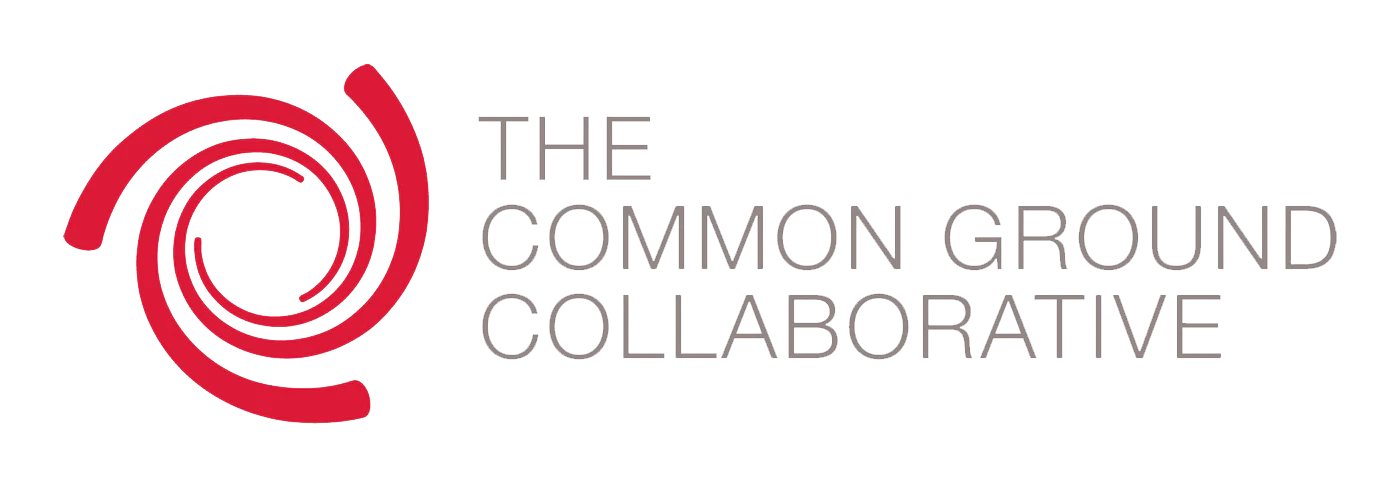Welcome to Aurora – Where Learning is a Journey of Wonder
Nestled in the vibrant and creative community of An Khanh Ward, familiar to the heart of old District 2, Ho Chi Minh City, Aurora International School of the Arts is an innovative, Reggio Emilia-inspired international school now in its 11th year of operation. Aurora serves children from Early Years to Middle School (18 months to Grade 9), proudly expanding each year with intention, relational quality, and educational excellence.
Aurora is intentionally crafted as a home where curiosity blossoms and relationships form the roots of learning. Every child feels heard, honored, and empowered to express their ideas through art, movement, conversation, and play. We believe education is not a single path, but a weaving of experiences shaped by collaboration, creativity, and respect for each child’s unique journey.
The Identity of Aurora
Aurora International School of the Arts is inspired by the Reggio Emilia experience, rooted in the belief that children are capable, curious, competent, and full of potential. We embrace a relationship-driven, inquiry-rich, and documentation-based pedagogy where learning is visible, meaningful, and deeply connected to real-world contexts.
Our mission is to inspire and develop each child’s potential through learner-led investigations, creative expression, and concept-based inquiry. We foster independent exploration, encourage collaboration, and provide an environment where children reflect deeply, represent their ideas, and engage in thoughtful and creative processes.
Aurora’s learning is guided by the New Zealand Curriculum (NZC), which supports conceptual thinking, student agency, authentic assessment, and key competencies for lifelong learning.
We value:
– Creativity & Expression
– Relationships & Community
– Inquiry & Problem-Solving
– Humanity, Culture & Global Perspective
– Identity, Responsibility & Growth
Life at Aurora
– A peaceful, beautiful, and inspiring campus designed for exploration, creativity, and expression
– Collaborative, professional and supportive staff culture
– Specialist teacher support in Music, Visual Arts, STEM/Science, PE, Vietnamese, Japanese, Library, Learning Support
– A warm, engaged parent community
– Authentic learning exhibitions, celebrations, parent ateliers, and performances
– Strong school leadership, strategic growth focus, and respectful community values
– Located in a vibrant, multicultural district surrounded by arts, culture, and international lifestyle amenities
Teaching at Aurora
Aurora Homeroom Teachers are not just instructors; they are co-researchers, designers, facilitators, and collaborators. They help create environments where students:
– Think deeply
– Explore ideas creatively
– Communicate in multiple languages of expression
– Engage in conceptual, inquiry-driven learning
– Build agency, self-awareness, and identity
– Experience belonging, connection, and purpose
Teachers collaborate closely with specialists, co-teachers, learning support, and leadership to co-construct meaningful learning experiences.
Available Positions
Homeroom Teachers — Primary School (Years 1–5)
Homeroom Teachers — Middle School (Years 6–8)
1. Primary School Homeroom Teacher (Years 1–5)
Primary Homeroom Teachers provide a rich, balanced learning experience integrating literacy, numeracy, social sciences, science, arts, wellbeing, and inquiry, through the New Zealand Curriculum and Reggio-inspired experiences.
Key Focus Areas
– Relationship-based, inquiry-driven homeroom model
– Foundations in literacy and numeracy using authentic contexts
– Conceptual learning through play, problem-solving, and exploration
– Use of NZC levels 1– 3 with inquiry foundations
– Strong emphasis on belonging, collaboration, and reflection
– Diagnostic, narrative and portfolio-based assessment (e.g., Toddle, visual documentation)
2. Middle School Homeroom Teacher (Years 6–8)
Middle School Homeroom Teachers support early adolescent learners as they transition into increased academic complexity, interdisciplinary learning, identity development, and leadership.
Key Focus Areas
– Advisory / homeroom pastoral role
– Student voice, agency, reflection, goal setting
– Concept-based learning — deeper thinking, design, social issues, ethical reasoning
– Project-based, STEM, and cross-disciplinary learning
– Use of NZC levels 3–5 with inquiry foundations
Qualifications & Experience
Required
– Bachelor’s or Master’s Degree in education (Primary/Elementary/Middle) or equivalent
– Teaching certification
– Minimum 2 years full-time experience
– Excellent written and spoken English
Preferred
– Experience with Reggio Emilia, NZC, IB, MYP, PYP, or inquiry-based learning
– Familiarity with Toddle, portfolio documentation, and visual learning processes
– International or intercultural teaching experience
– Experience supporting diverse learners and inclusion practices
Compensation & Benefits
To be discussed at offer stage
Safeguarding Commitment
Aurora International School of the Arts is committed to safeguarding and promoting the welfare of children. All appointments are subject to police checks, and reference verification.
How to Apply
Submit the following to lesters@auroraschool.vn , PCteam@auroraschool.vn and career@aurorareggio.com
- CV / Resume
- Cover Letter (aligned with Aurora philosophy)
- Teacher Certification / Qualifications
- References
- (Optional) Portfolio of student documentation or project work
Please include “Homeroom Teacher Application – Primary” or “Homeroom Teacher Application – Middle School” in the subject line.
Only shortlisted candidates will be contacted for interview.
Join Our Village of Learners
At Aurora, we don’t just teach – We research, design, co-construct, listen, wonder, collaborate, and grow.
“We believe in children, we learn from them, and we build a community where learning is alive.”







